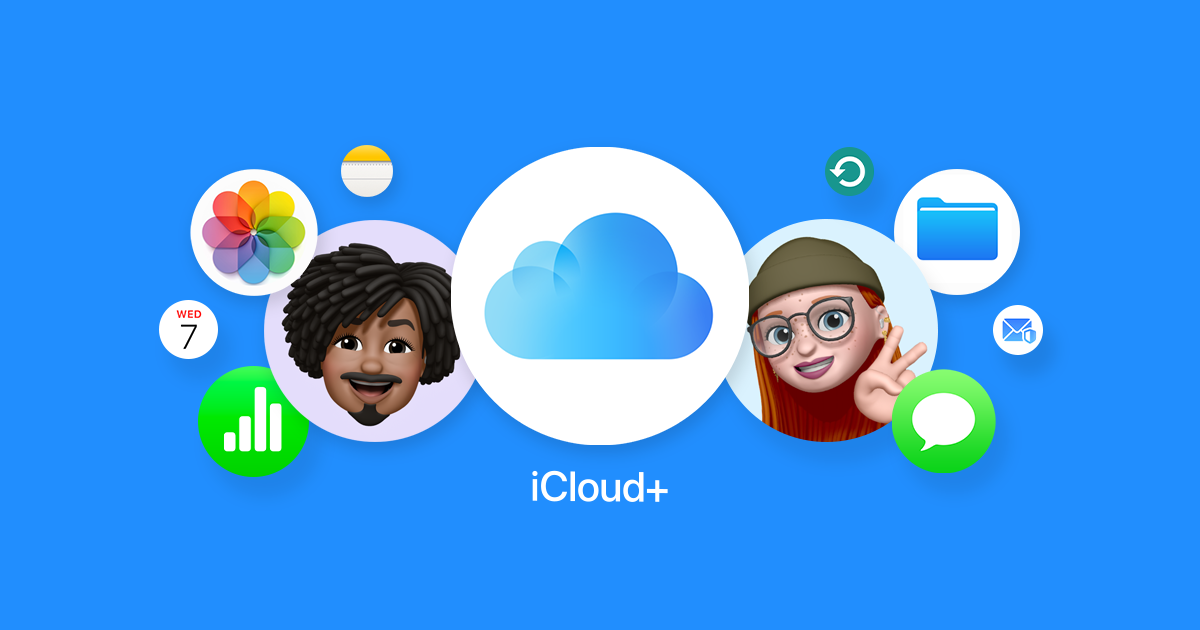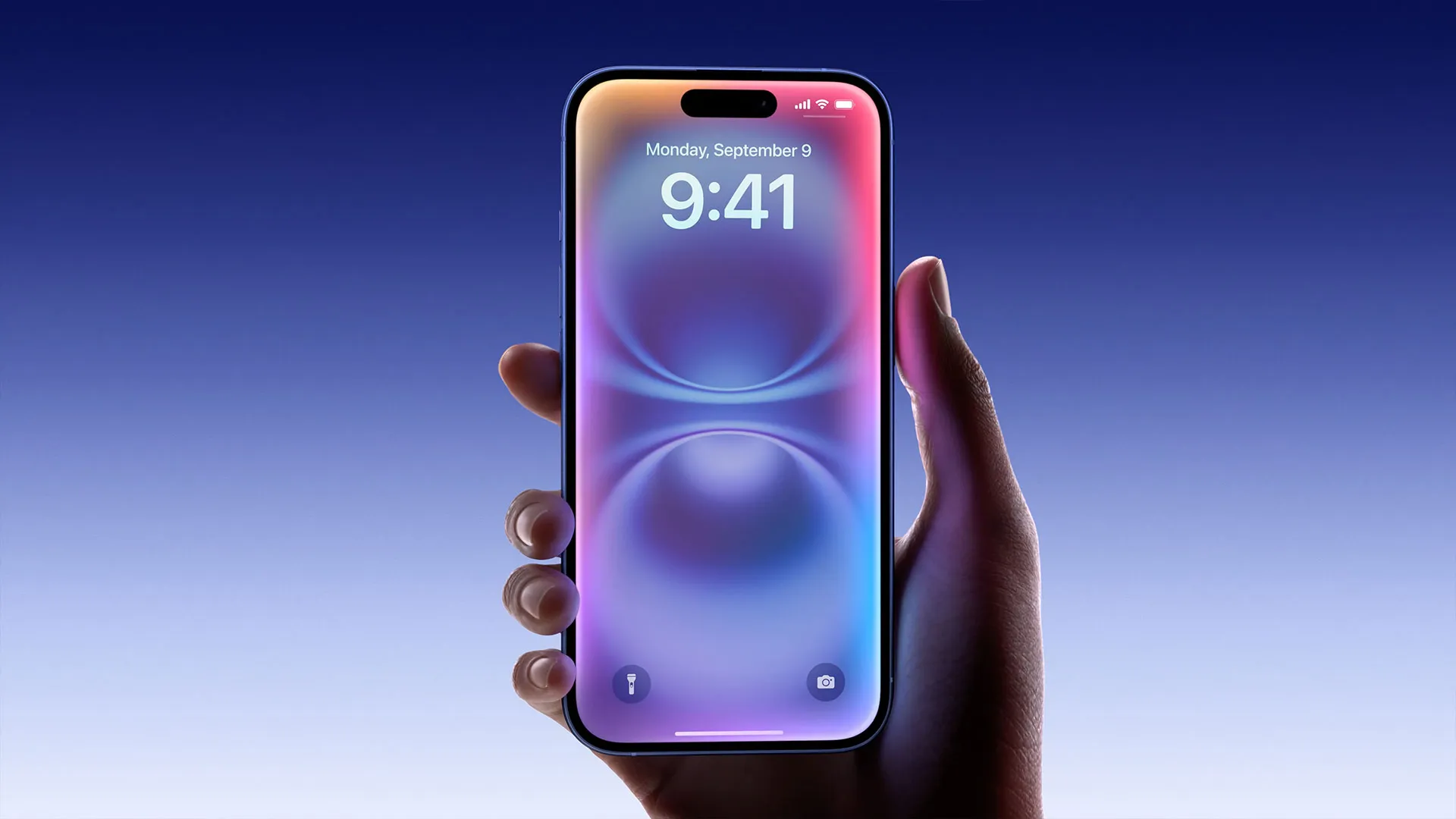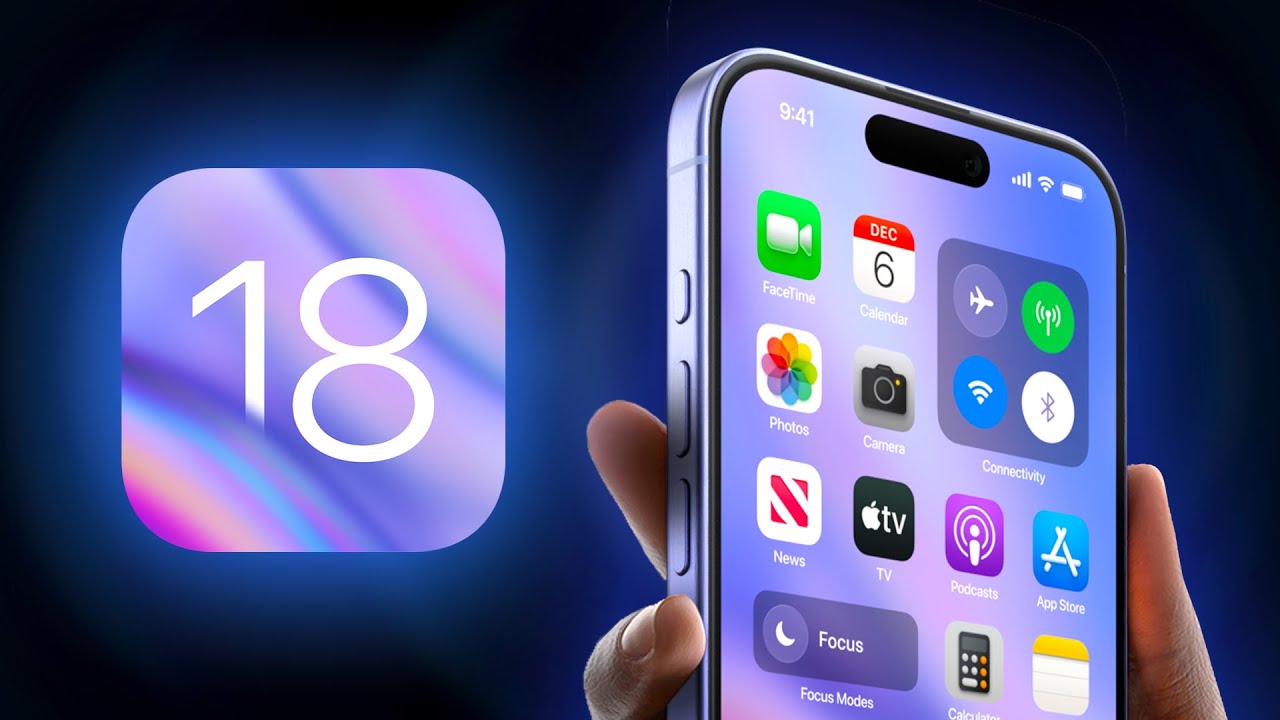Apple has rolled out new software updates focused on security fixes for older devices. The updates—iOS 17.5.1, iPadOS 17.5.1, and special versions like iOS 16.7.8 and iPadOS 16.7.8—are meant for users who haven’t yet upgraded to newer hardware or software.
These updates are important because they fix a serious issue that could let harmful apps run code without the user knowing. According to Apple, this security flaw might have already been used in real-world attacks. That’s why they’re recommending that everyone with supported devices install the updates as soon as possible.
The iOS 16.7.8 and iPadOS 16.7.8 updates are mainly for older models, such as the iPhone 8, iPhone X, and the first-generation iPad Pro. While these updates don’t include any new features, they do patch up key vulnerabilities that could put your device and data at risk.
Apple found this security flaw in WebKit, the engine that powers Safari and other web apps. A specially crafted web page could take advantage of the issue and harm your device. With this update, that risk is reduced.
If your device is eligible, you can find the update by going to Settings > General > Software Update. Make sure your device is charged and backed up before installing.
In short, while these updates may seem minor, they play a big role in keeping your iPhone or iPad secure from online threats.







